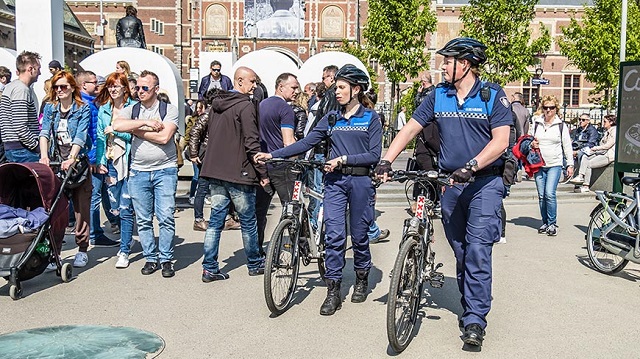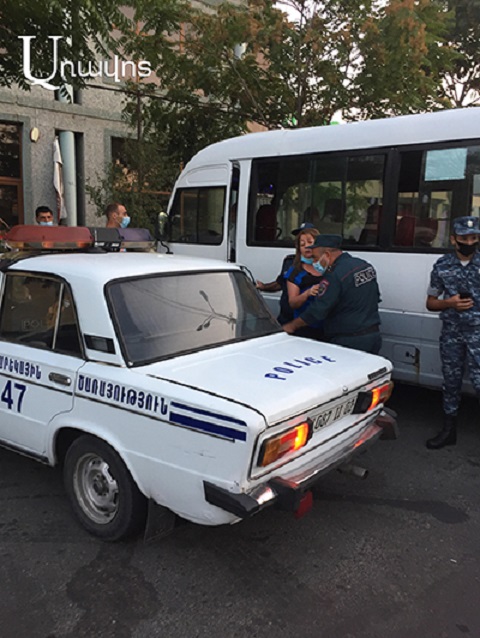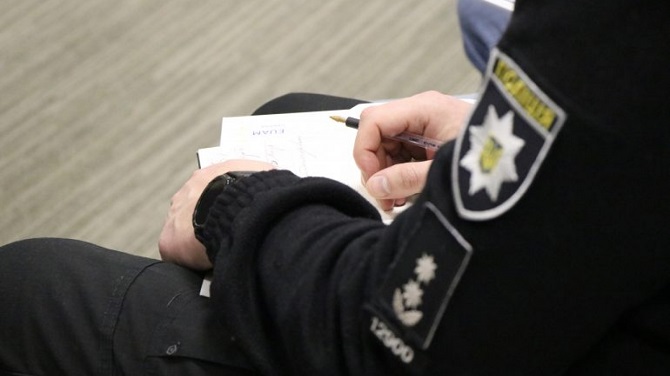Fare increase of public transport has raised a storm of public discontent. Today, the member of “Hello Yerevan” alliance Artur Gasparyan, speaking about the moral-psychological atmosphere established in Armenia and the posture of the government, expressed his opinion that “we are living in a medieval serfdom society.” Aravot.am inquired whether this serfdom society is equivalent to the description of safe Armenia promised some months ago by a presidential candidate and now President of Armenia Serzh Sargsyan. He answered,- “A few months ago, what was promised, was a myth. Armenia has become serfdom a couple of months ago. Serfdom commenced since October 27, 1999.”
However, Mr. Gasparyan optimistically said that the Armenian man can not be a vassal, but copes with the situation for solving the bread problem. Then he continued,- “This serfdom society is a system temporarily presented and seated on our nape with external interference, and the Armenian people will not tolerate it.” Drawing parallels between current situation of Armenia and secure “myth”, our interlocutor said,- “No matter how long they preach that Armenia is safe, I think it is not safe. If Armenia would be safe, there would be no Russian troops here. And if the troops were not there, the Turks would not hesitate, it would definitely attack.” The actions taken by the police against the activists fighting against the increase in transport fare, particularly apprehending the activists by using violence, Mr. Gasparyan qualified a ‘command’ and detailed,- “Almost 90 percent of the police officers, and not the elite gadflies, all travel by the transport. They are parts of the society. They receive command from the top and execute it through “I cannot”.
Tatev HARUTYUNYAN





















































